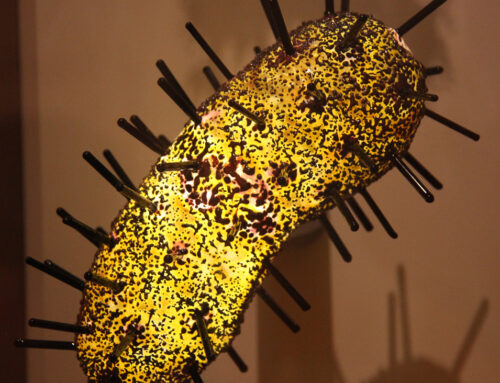The state of Florida is at the center of a new controversy involving mosquitoes.
Researchers from a publicly funded private research company are about to release a population of aedes aegypti mosquitoes into the Florida wild.
However, these are no ordinary mosquitos.
These particular bugs are genetically modified, and male-only. Their genetic code has been altered so that they will seek out mates, reproduce, and produce only sterile female mosquitos that will die in the larval stage of their life.
Of course, this avoids the females growing into adults, though the males “babies” will grow up and hopefully pass on this genetic alteration.
This is significant because only female mosquitos bite humans, whereas males only feed on nectar and pollen.
The idea is that by releasing these modified male mosquitoes, they will eventually lower the aedes aegypti population to a significant degree, rendering their offspring unviable.
This particular mosquito is to blame for carrying and transmitting a number of diseases to humans, including Zika, dengue, chikungunya, and yellow fever. In fact, with the world focusing on the Covid-19 pandemic, it’s easy to forget that more than 750,000 people die every year due directly to mosquit0-borne diseases, and literally hundreds of millions are sickened by them.
Furthermore, these mosquitoes, also known as yellow fever mosquitoes, are spreading further north. According to scientists, the warming global climate means that they are expanding their range, and bringing tropical diseases with them.
Despite the apparent good intentions of the biotech businesses and researchers, there are many people opposed to this initiative.
Some people accuse them of turning Florida into a “Jurassic Park” experiment, as it is completely unknown what the genetic alterations could become over time. Critics claim that the risks have not been analyzed at all, and furthermore, the experiments are being done with taxpayer dollars.
We all know (and probably hate) this dreaded winged predator, but is altering their genes going too far? Or is it a necessary step to advance human health and combat disease?



